Once touted as the key driver for Vietnam’s biofuel ambitions, the Dung Quat Bio-Ethanol Plant in Quang Ngai Province now lies in ruins - its rusting pipes, abandoned tanks, and overgrown grounds a stark contrast to its original promise.
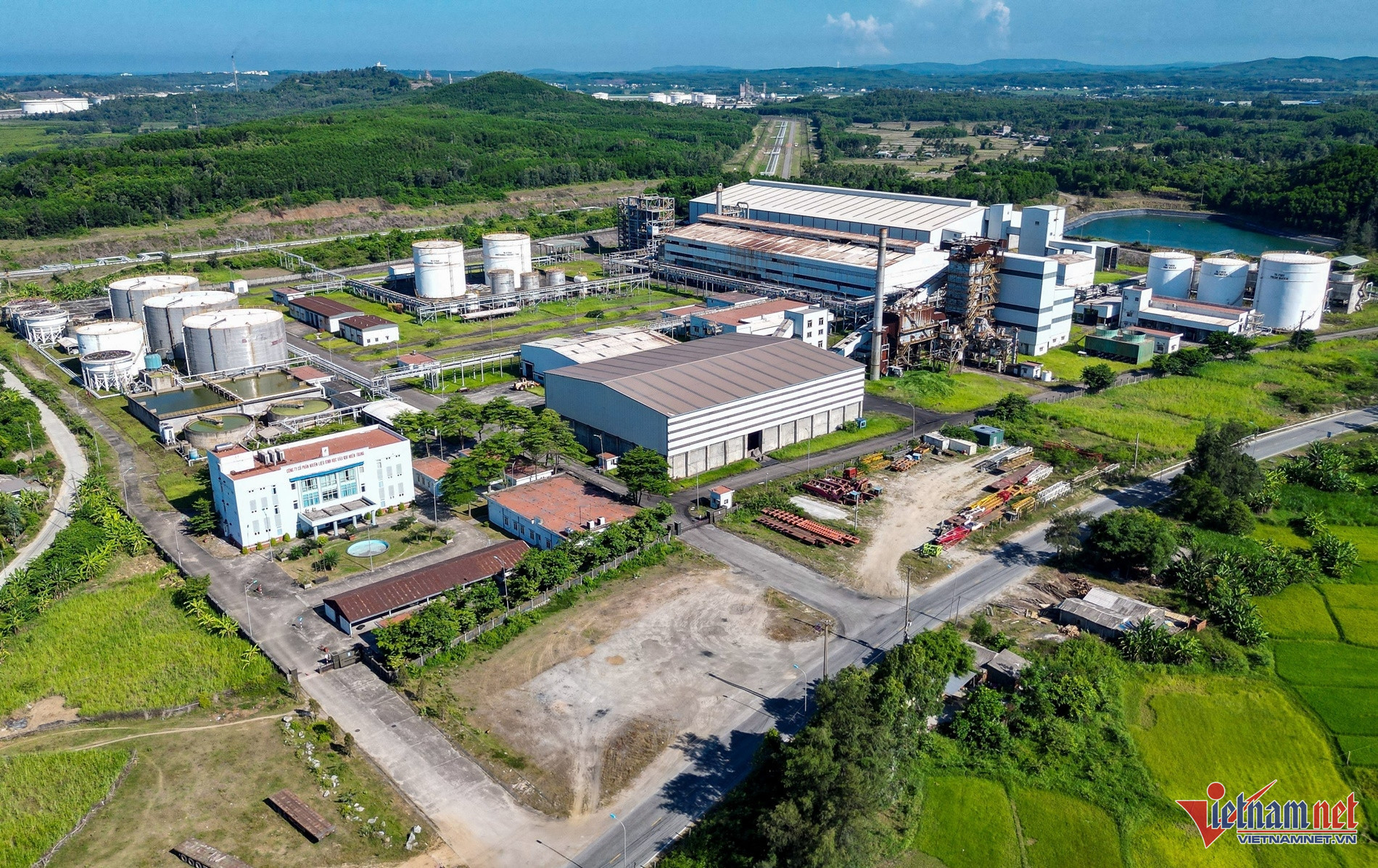
With a total investment of 2,219 billion VND (approximately 87 million USD), the plant was developed by BSR-BF (Petrochemical and Biofuel JSC - Central Region), a subsidiary of the Vietnam Oil and Gas Group (PVN). Construction began in September 2009 on a 24.62-hectare plot within the Dung Quat Economic Zone.
Equipped with modern American APTI technology, the plant was designed to produce up to 100,000 m³ of ethanol annually - equivalent to 80,000 tons - using 230,000 tons of dried cassava chips per year. The product was to be used in blending E5 biofuel for nationwide distribution.
In 2014, the plant began commercial operations, generating 330 tons of ethanol per day and supporting Vietnam's E5 biofuel initiative. However, by April 2015, operations were halted due to persistent losses and weak market demand.
A brief revival attempt took place between October 2018 and April 2019, producing 2,000 m³ of ethanol through a partnership. But the effort was short-lived, and the facility has remained idle since.
The factory, once full of promise, is now severely degraded. Key systems and equipment have rusted; chimneys stand dormant; multimillion-VND tanks lie exposed to the elements. Operational buildings are vacant, with only a few guards maintaining security. What remains are silent steel structures and weather-worn concrete.
BSR-BF is jointly held by several PVN affiliates: BSR holds 61% of charter capital, PV Oil 38.75%, and Petrosetco 0.25%.
Despite multiple proposals, little progress has been made in resuming production. PVN has announced intentions to restart the facility to meet future biofuel needs, especially with the Ministry of Industry and Trade planning to implement E10 biofuel usage nationwide starting January 1, 2026.
However, local authorities remain uninformed. Luong Kim Son, Head of the Management Board of the Dung Quat Economic Zone and Quang Ngai Industrial Parks, told VietNamNet that his office has yet to receive official communication from PVN about any restart plans.
“Our local stance is clear - we hope the project resumes soon to avoid wasting public and private investment and land resources,” said Son. “Reactivating the plant could generate jobs and contribute to the province’s economic development.”
Data from the Ministry of Industry and Trade highlights the urgency of revitalizing ethanol production: at a June 2025 review conference, Minister Nguyen Hong Dien instructed relevant departments to map out a detailed strategy for rolling out E10 fuel, including sustainable supply chains.
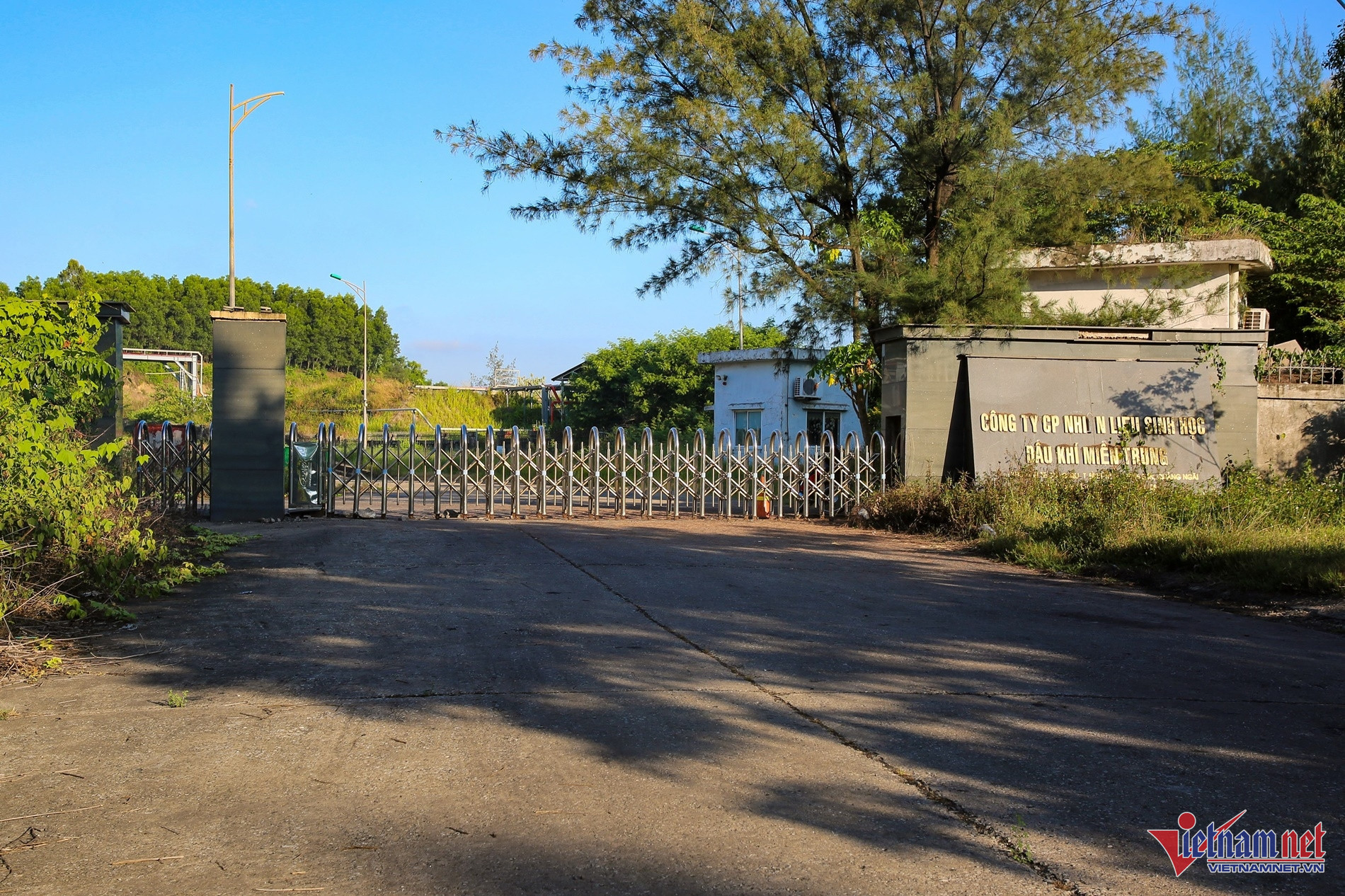
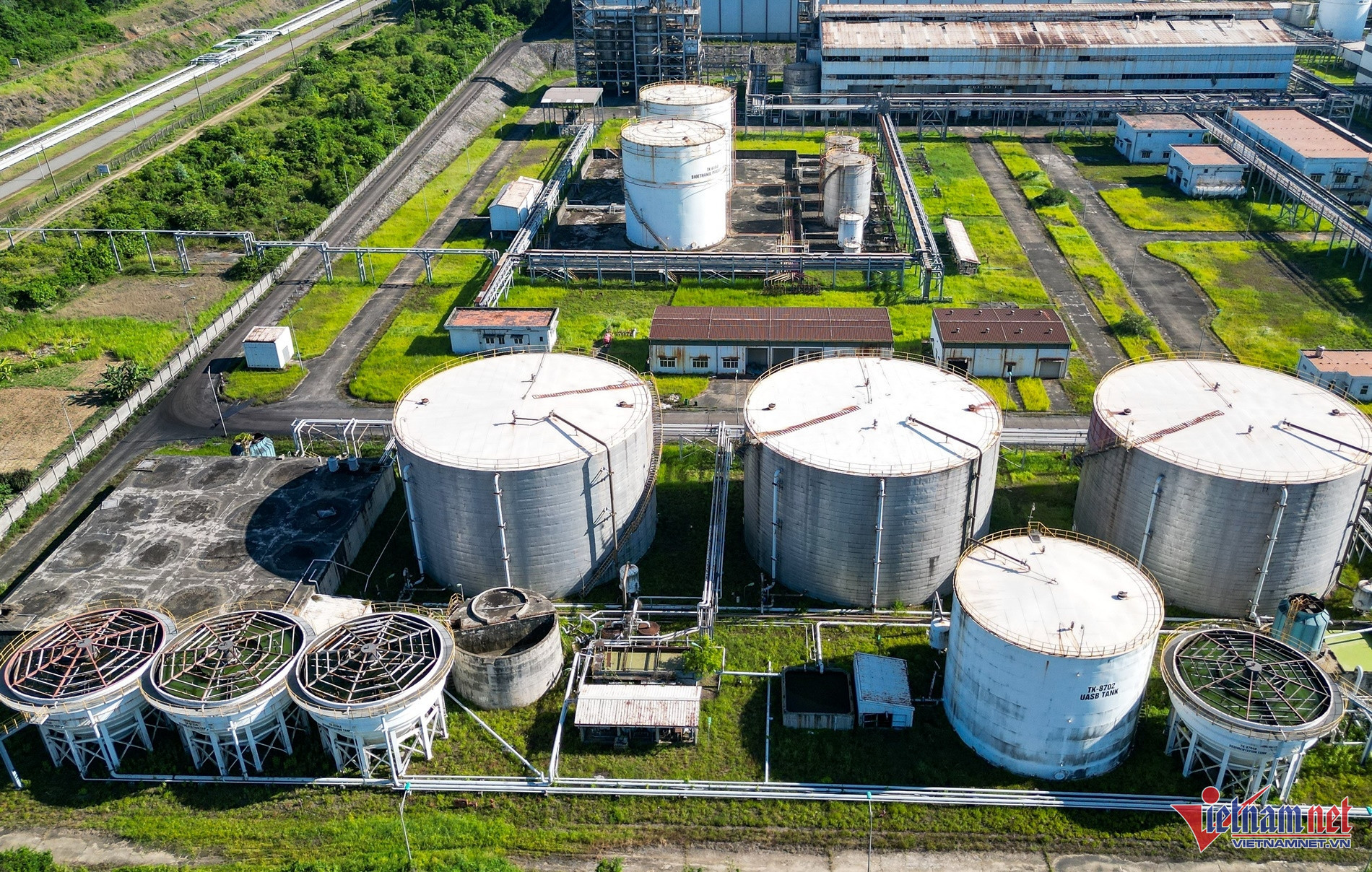
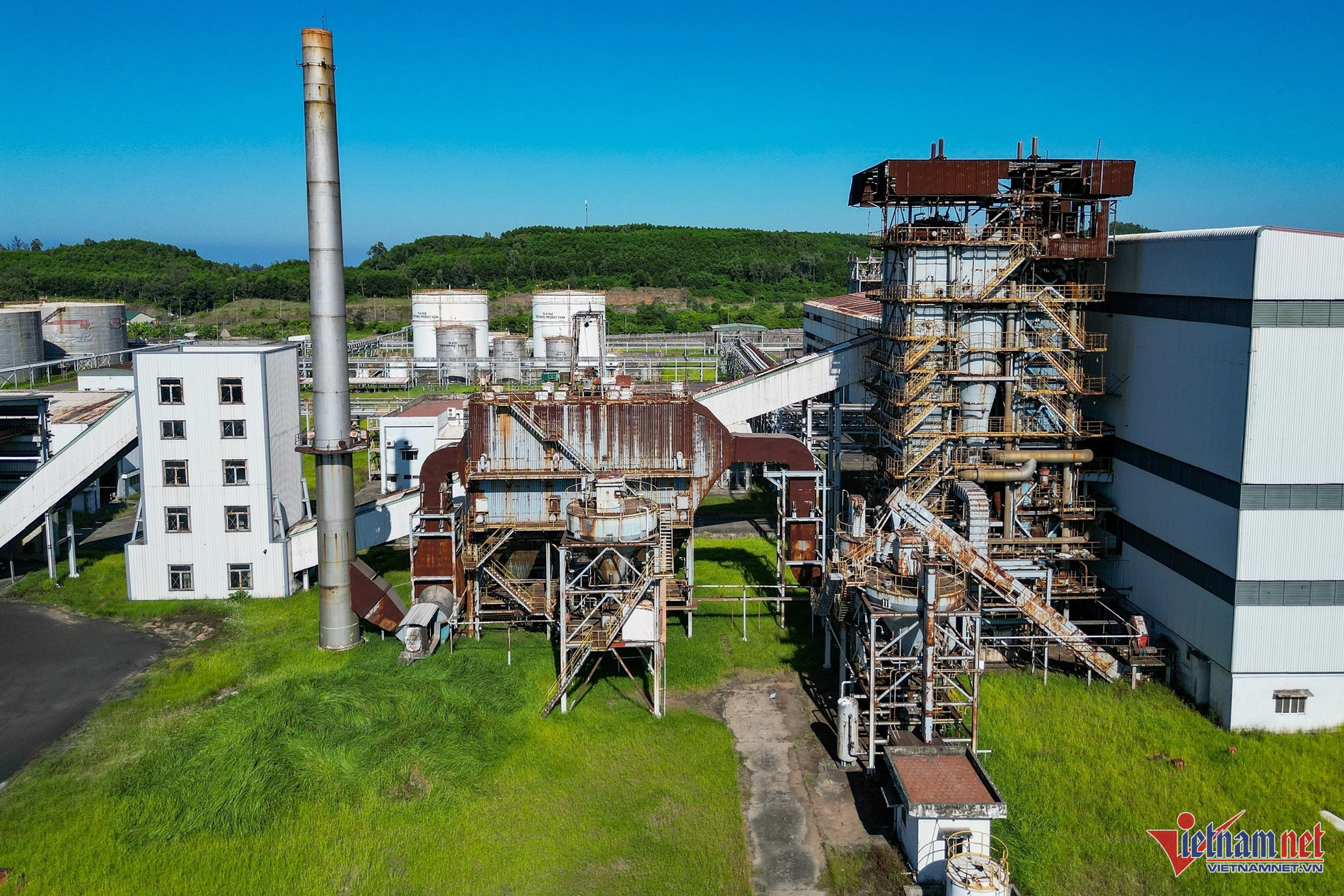
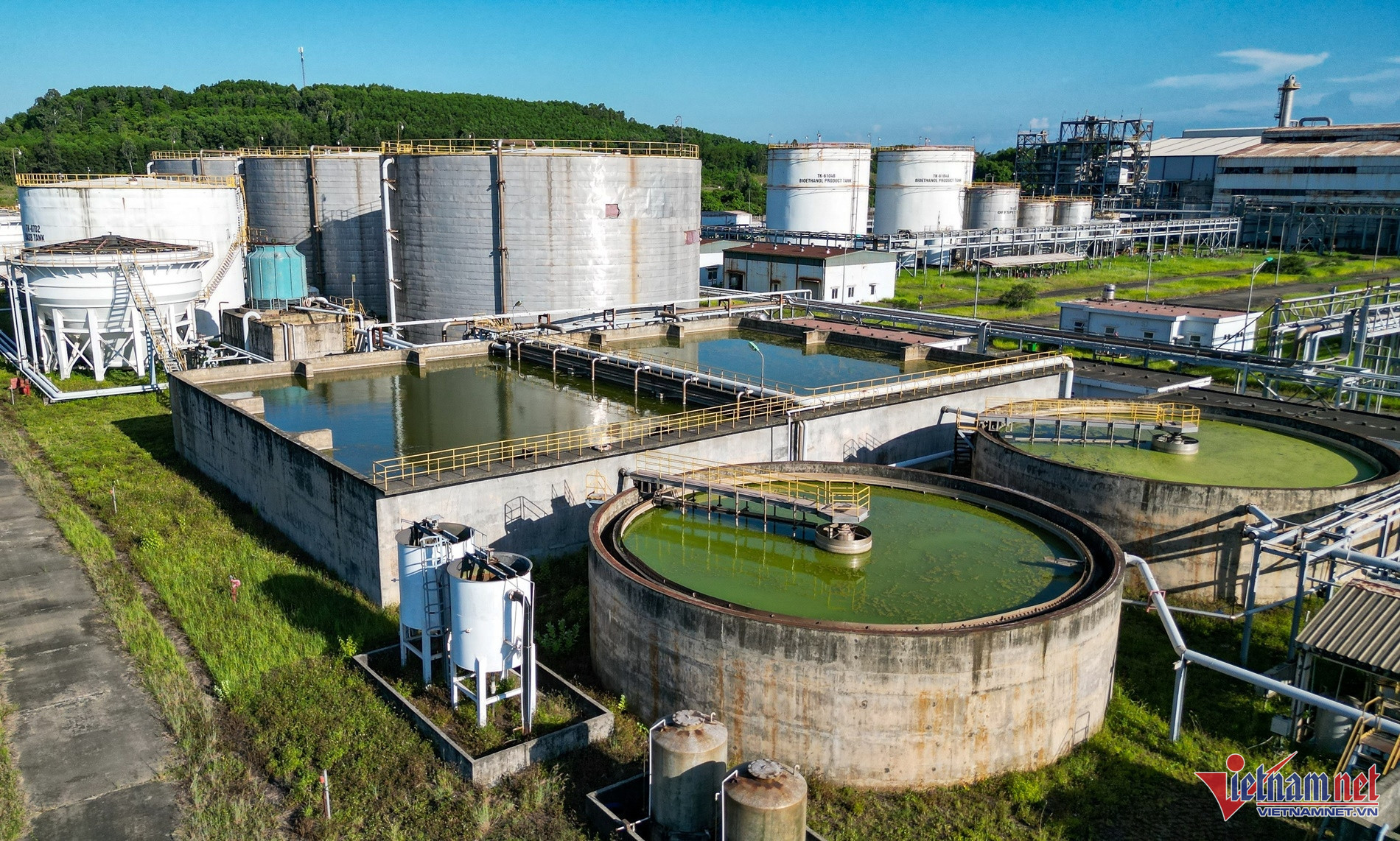
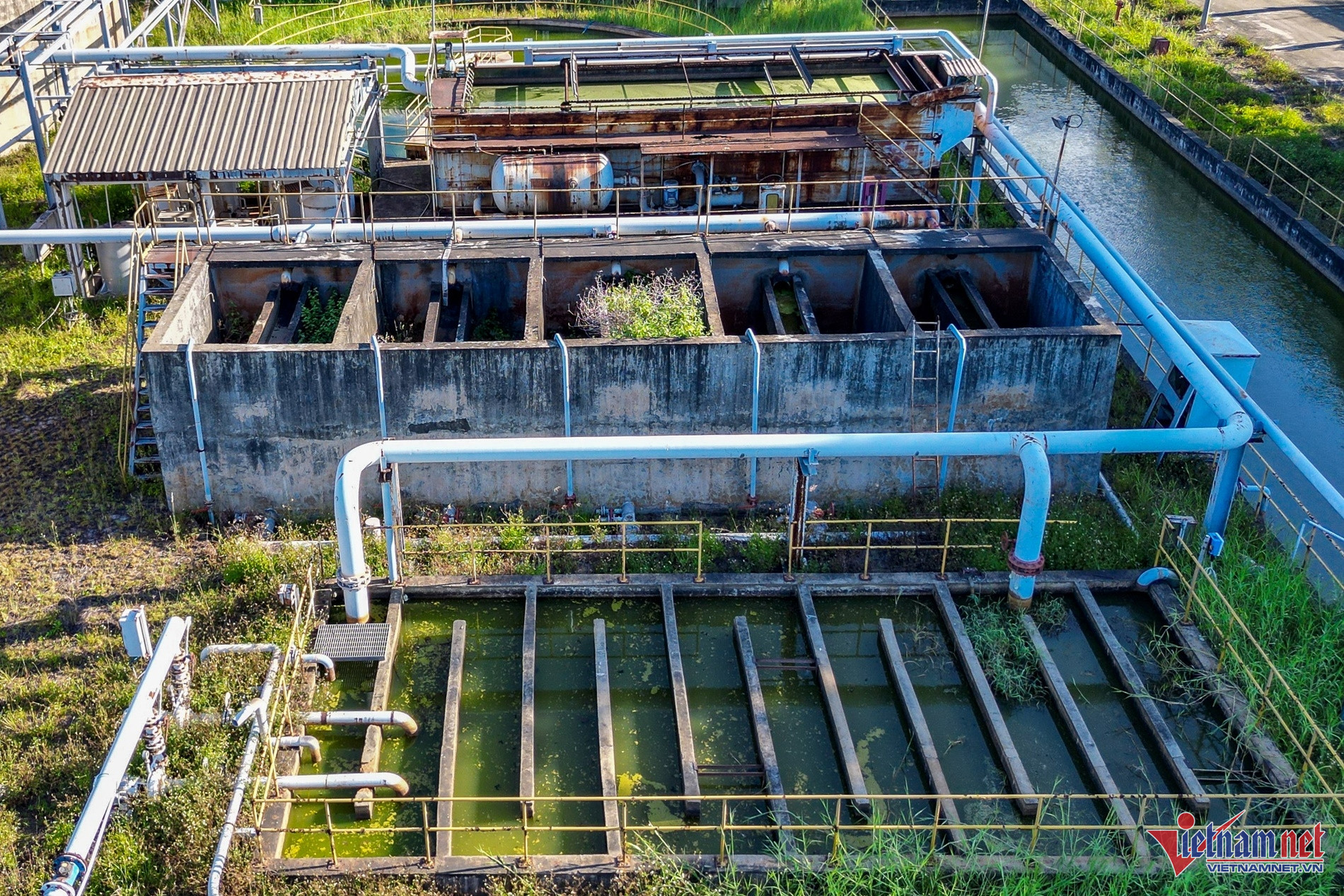
The pipes between the main tanks have discolored and corroded.
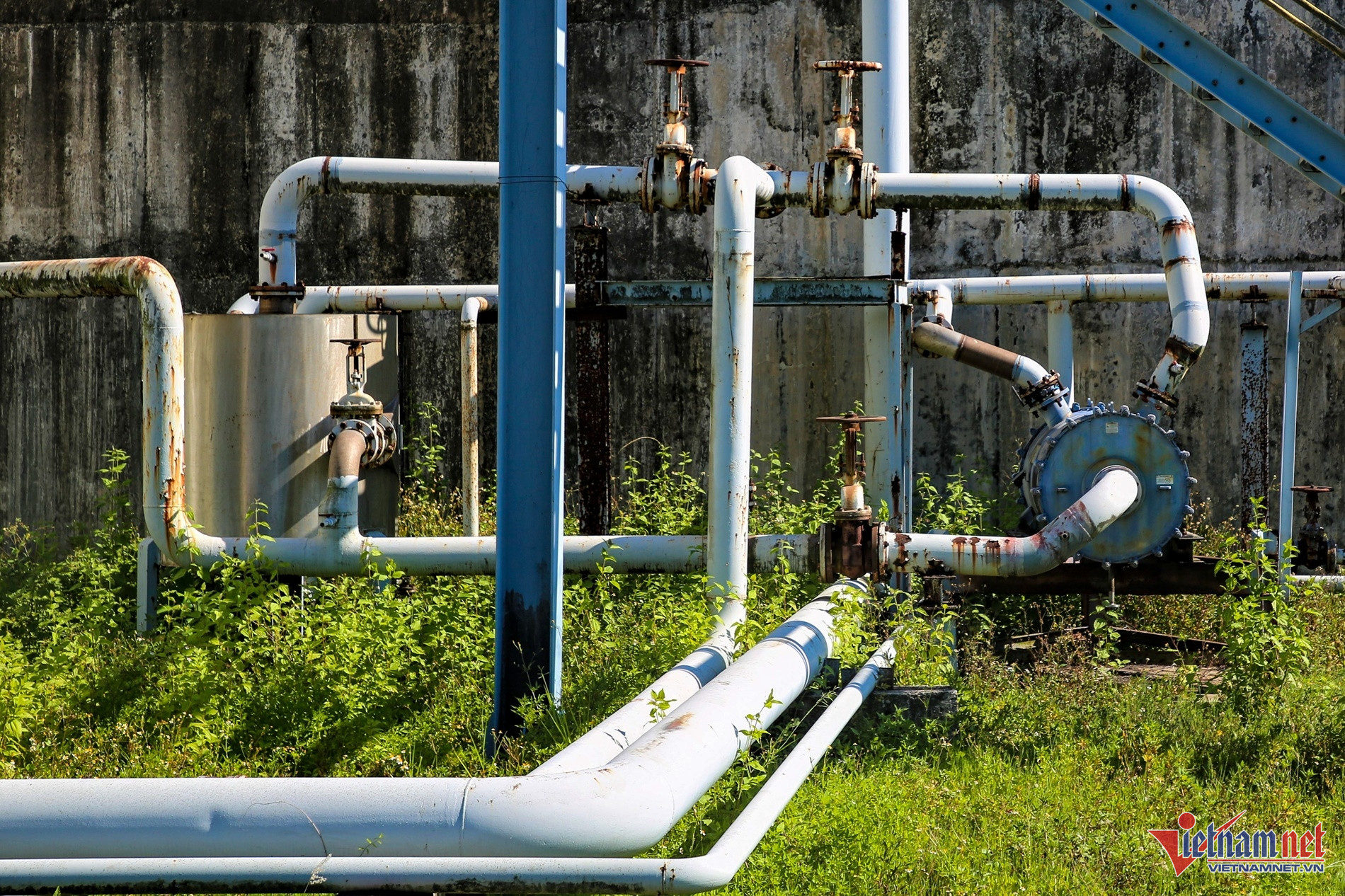
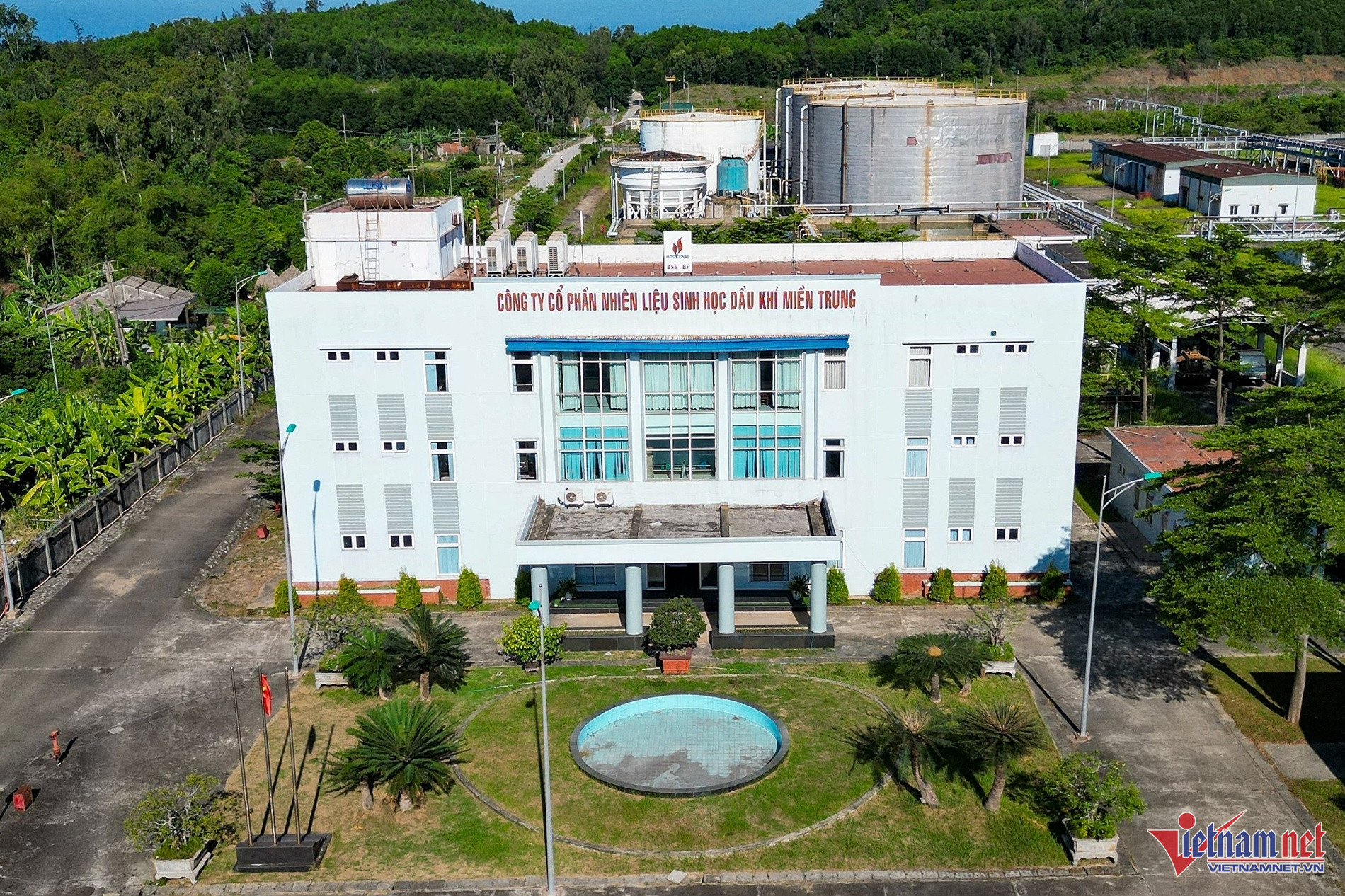
The control room is deserted, save for a few security guards.
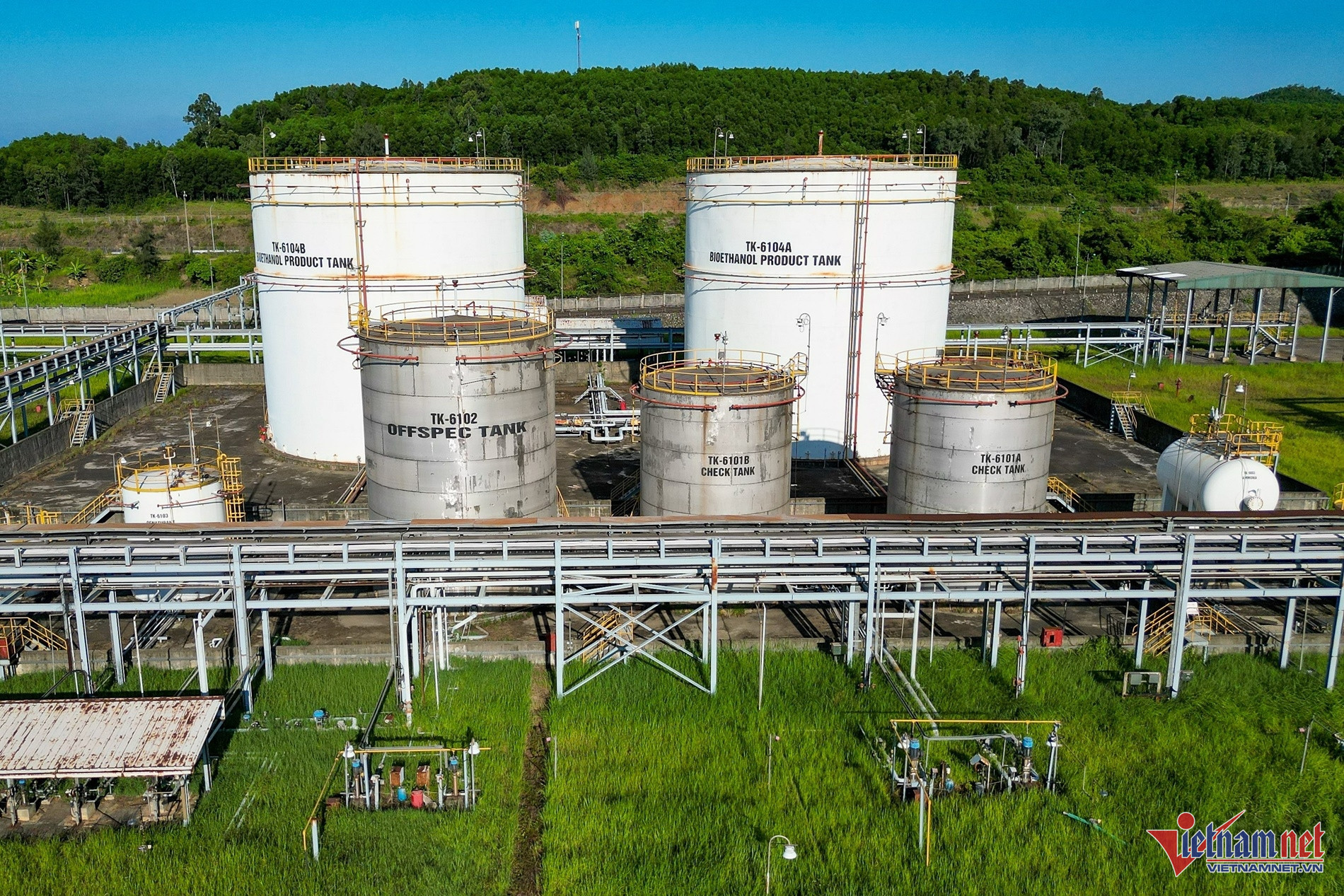
The ethanol production technology was sourced from APTI, USA.
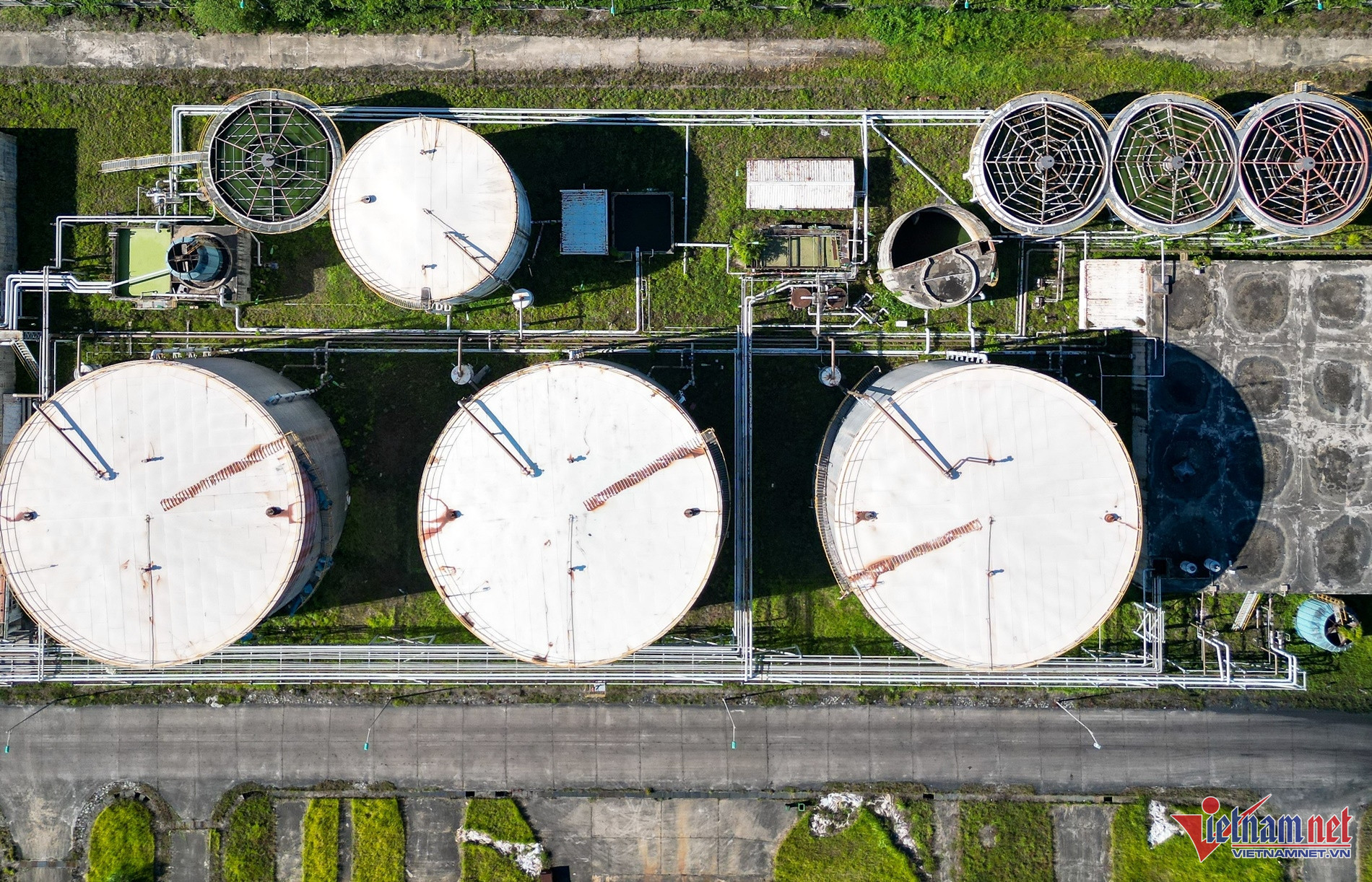
Now, all that remains are bare concrete and rusting metal structures.
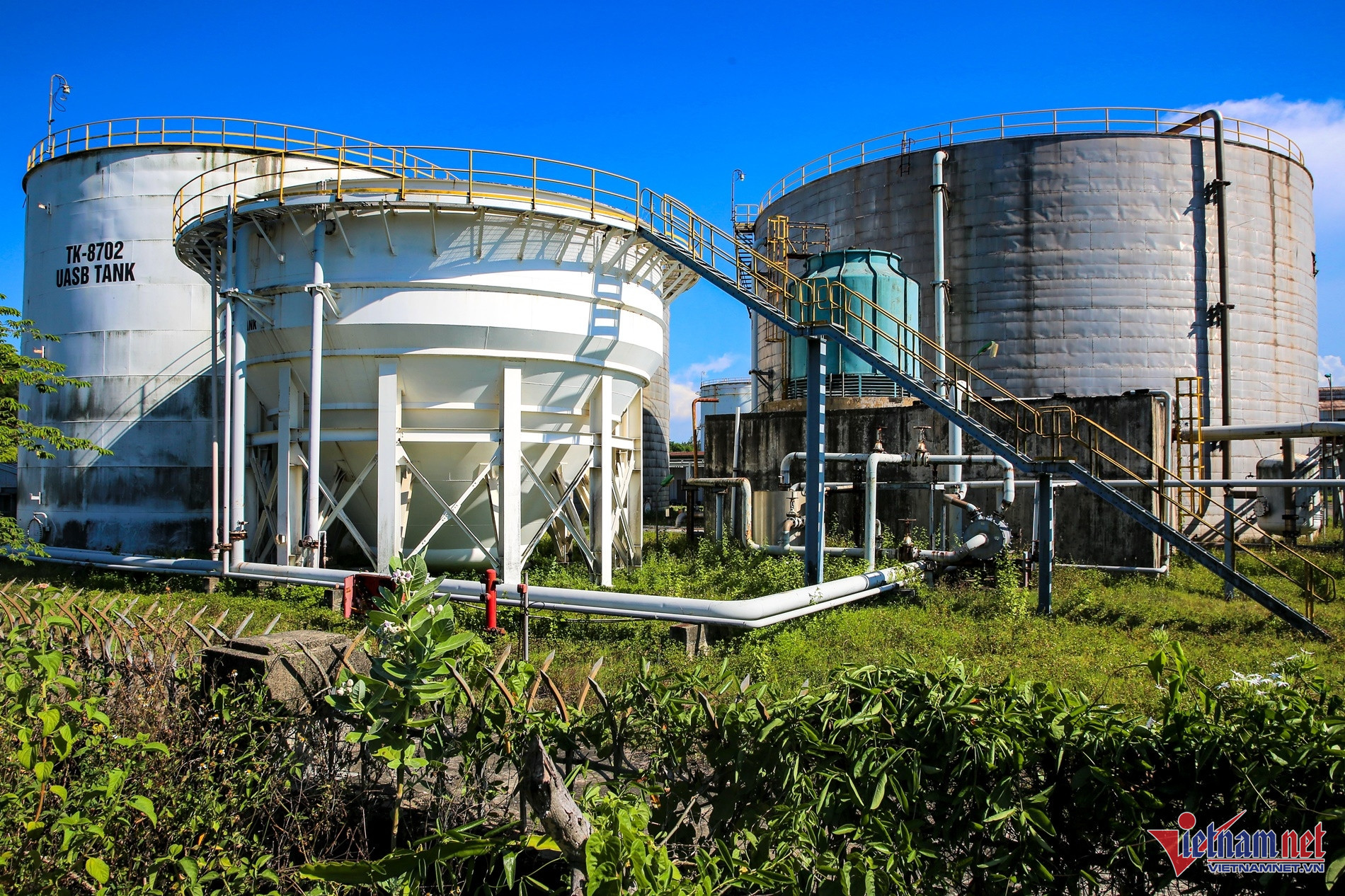
Overgrown vegetation has taken over the site.
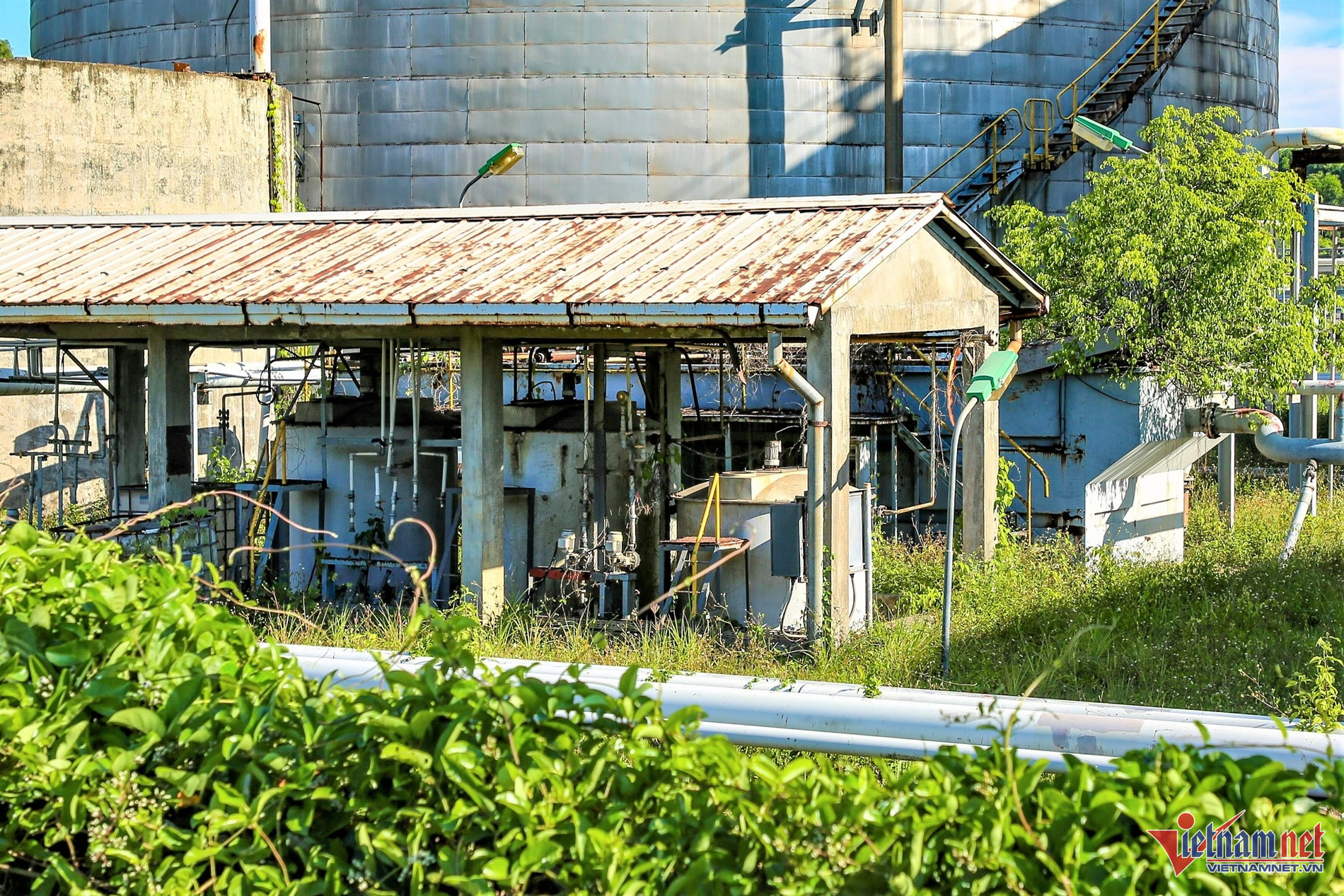
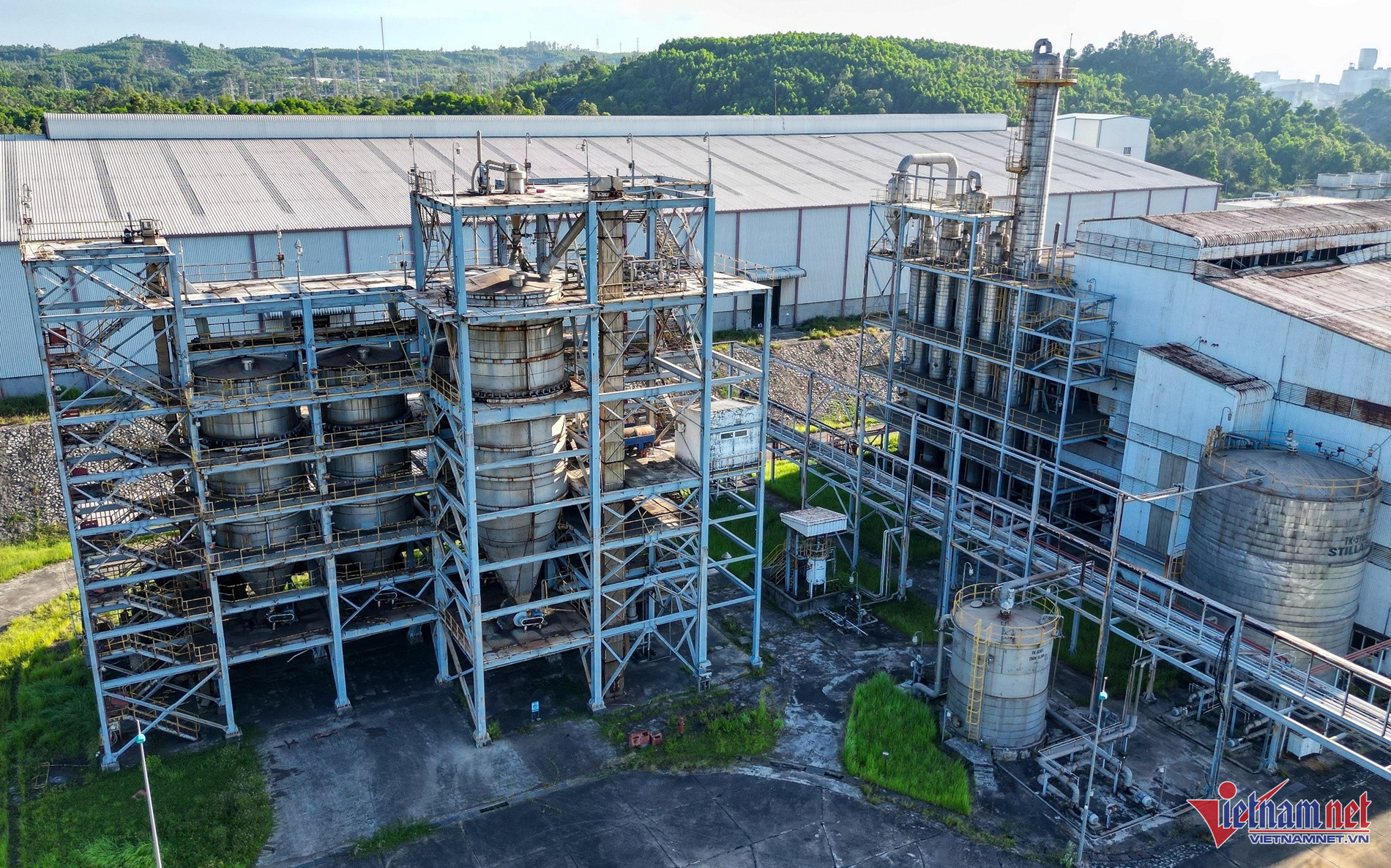
The raw material and ethanol processing area is also rusting.
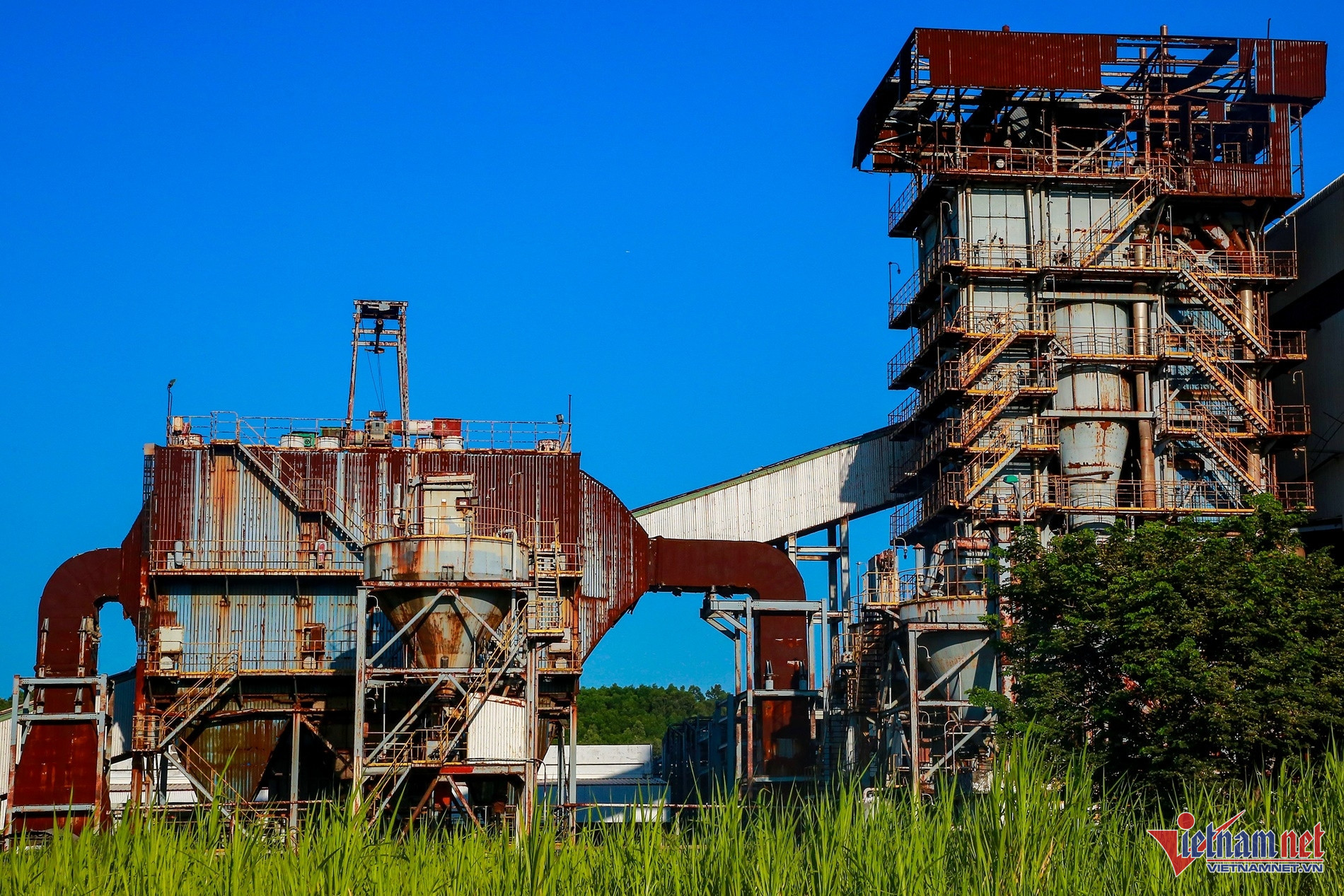
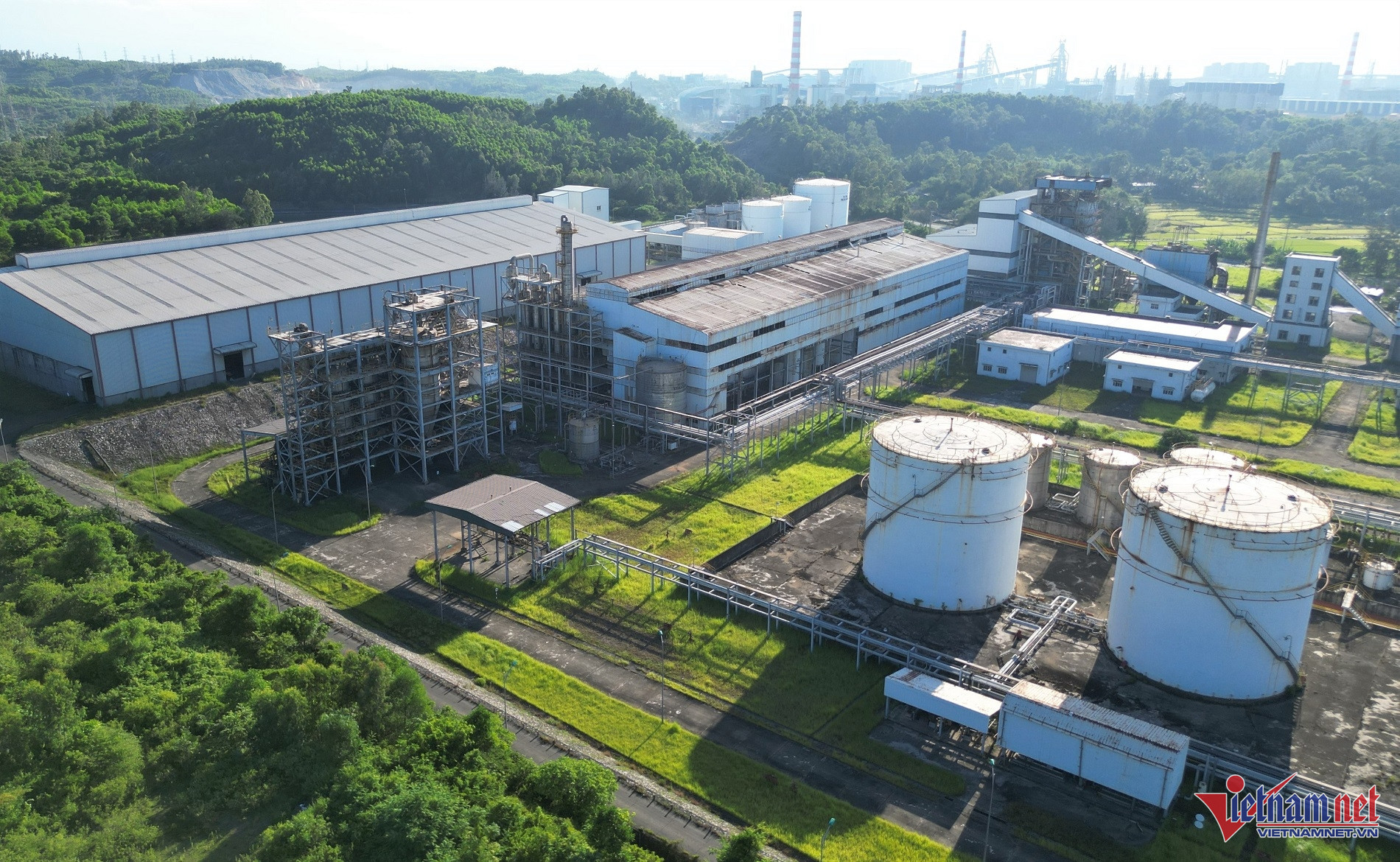
Ha Nam